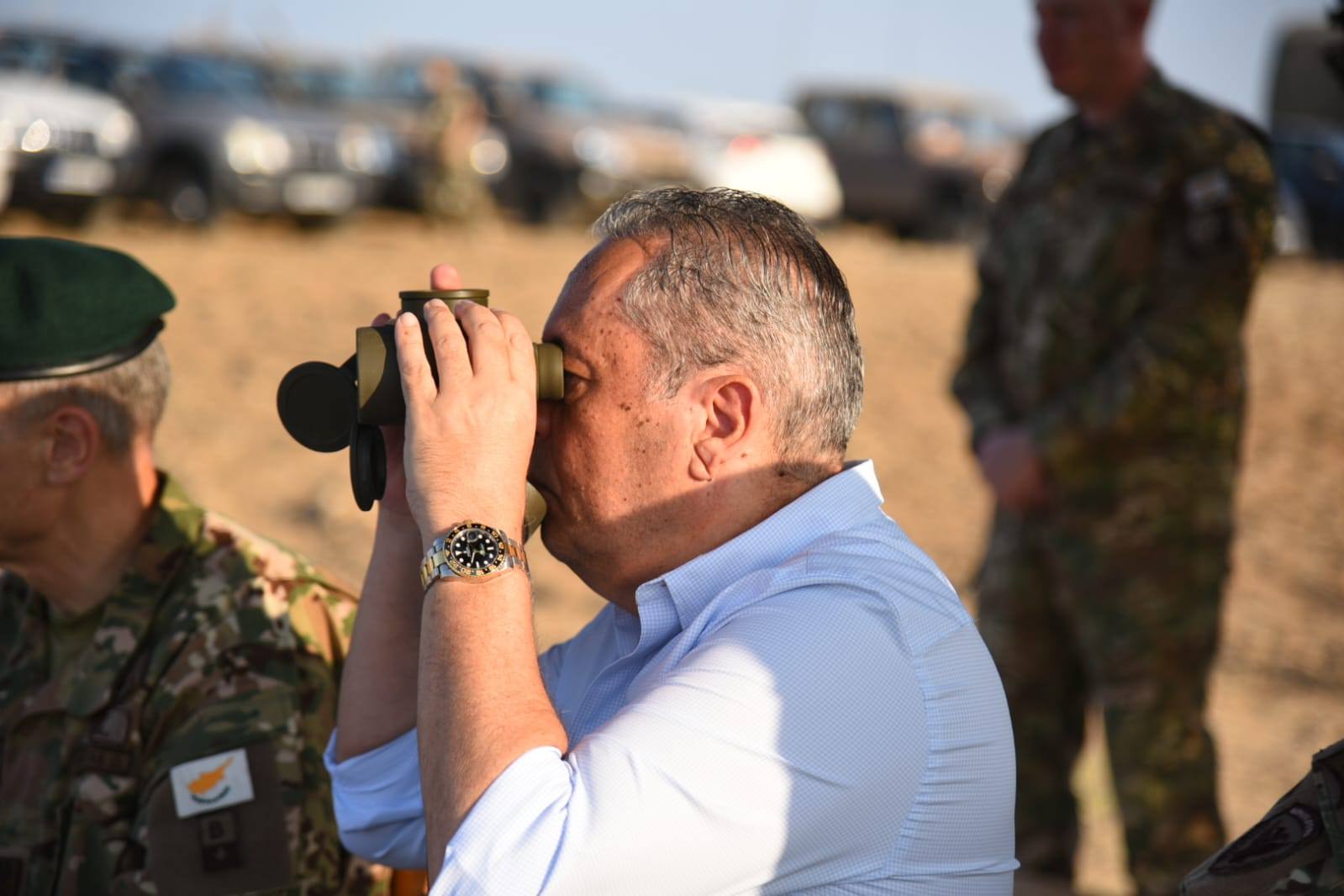We are in no position to say whether our defence capability has been significantly strengthened by the arrival of the Israeli Barak MX air defence system. It may have marginally improved Cyprus’ security but the Turkish defence ministry’s claim about an “attempt to disrupt the balance on the island” is a gross exaggeration.
Turkey’s defence ministry, probably felt duty bound to say something about this, to make it known that it was aware about the purchase. Unnamed defence ministry sources quoted by Anadolu news agency, warned that “the Greek Cypriot administration’s ongoing armament efforts and activities which could undermine peace and stability on the island could have dangerous consequences.” It also gave assurances that “all necessary measures are being taken to ensure the security and peace of the TRNC.”
It was a surprisingly low-key reaction from Ankara, which was merely fulfilling its obligation to say something. This was a far cry from Turkey’s reaction in the late nineties when the Clerides government had put in an order for the Russian S-300 ballistic missiles. Ankara had warned that if the missiles were deployed they would have been taken out. The S300s never came to Cyprus, the Clerides government bowing to pressure from the international community , which did not want a flare-up of the situation, and ended up in Crete.
The crisis was avoided although the purchase of the missiles, film footage of the launch of which had become a regular feature of the evening television news, helped Glafcos Clerides win a second presidential term in 1998. Shortly after his re-election, however, the decision to send the missiles to Crete was taken, with strong encouragement from Greece’s government, and the threat of a Turkish attack disappeared.
The Christodoulides government, very sensibly, avoided the path followed for the S-300s, avoiding promoting the purchase and its political exploitation. In fact, very little was heard about the deal until the air defence system arrived on the island. And even now the government adopted a low-key approach, Defence Minister Vasilis Palmas talking about the deployment of the Barak MX air defence system in a very measured way. He pointed out that Cyprus now had an anti-aircraft and anti-missile defence system in its armory because it “chose the path of silence.”
This may have played a part in the muted reaction of Turkey, which consisted of platitudes and no threats. Ankara opted instead to reassure Turkish Cypriots that they were “under Turkey’s protection.” More important was that Ankara had a reason not to make threats – it wants to participate in the EU’s Security Action for Europe (SAFE) programme. This is a financial instrument that offers financial support for defence spending by member-states and Turkey wants to participate. It would be very difficult for this to happen if it were making threats against an EU member-state.
Leaving Turkey aside, it would be interesting to know how much the air defence system has cost the taxpayer. The government may have used EU funding for the purchase, but the money would have to be paid back at some point. The secrecy surrounding the purchase that Palmas spoke about may have been good in one respect.






Click here to change your cookie preferences